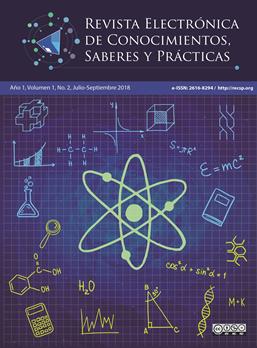Learning assessment in intercultural higher education
DOI:
https://doi.org/10.30698/recsp.v1i2.12Keywords:
Evaluation, Learnings, Intercultural Higher Education, Knowledge and Doings, Inclusive, DiversityAbstract
Learning assessment in intercultural higher education is complementary to the knowledge and doings of the people, in the sense that evaluation is fundamental to build a learning community (know to be); to learn in community (know to do); to form in and for the community (know to know); and to accompany the community (know to coexist). From this perspective, the learning assessment is a process that describes the knowledge, wisdom and practices that people acquire during their lifetimes. It is concluded that an inclusive learning assessment for populations in multicultural contexts must contribute to the reduction of situations of inequality and social exclusion, as well as promoting an assessment for all and with all, taking as reference the recognition of diversity of knowledge and experiences, and the incorporation of accessible technologies that enable lifelong learning.Downloads
832
Resumen (Audio) (Español (España)) 98
Abstract (Audio) 127
Published
How to Cite
Issue
Section
License
At the moment in which a work is accepted for publication, it is understood that the author gives the Electronic Magazine of Knowledge and Practice (RECSP) exclusive rights of reproduction, distribution and sale of his manuscript for exploitation in all countries of the world in paper magazine format, as well as in any other magnetic, optical and digital media. The authors will also transfer to RECSP the rights of public communication for its dissemination and exploitation through Intranets, Internet and any wireless portals and devices decided by the publisher, by making available to users for online consultation of its content and its extract. , for printing on paper and / or for downloading and filing, all in the terms and conditions that appear on the website where the work is housed. In turn, the RECSP authorizes the authors of the works published in the journal to offer a copy of these works once published on their personal webs or in any open access repository. Together with this copy, a specific mention of the RECSP must be included, citing the year and the number of the journal in which the article or research note was published and adding, in addition, the link to the RECSP website.

